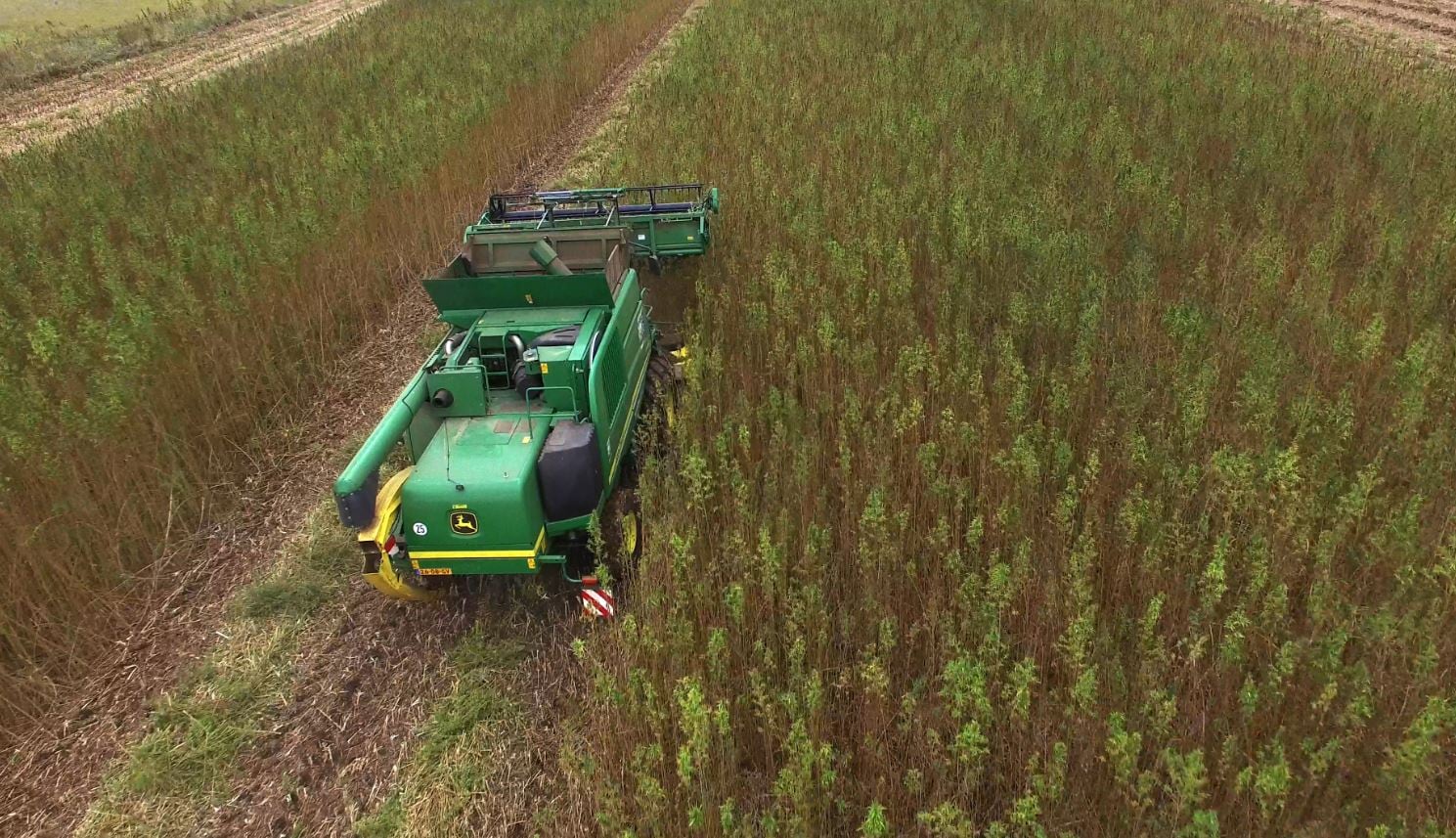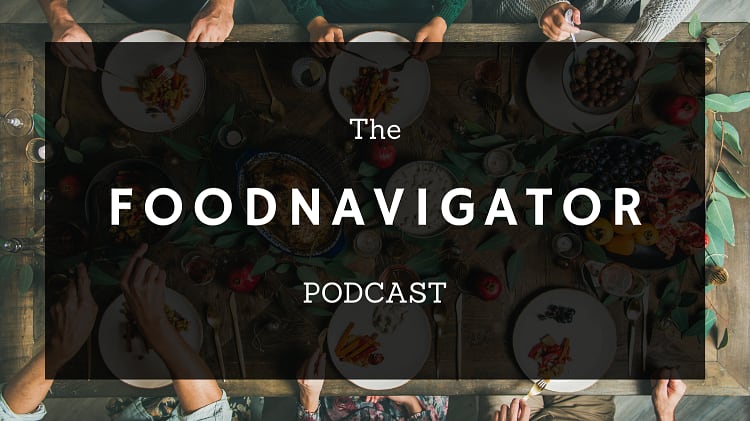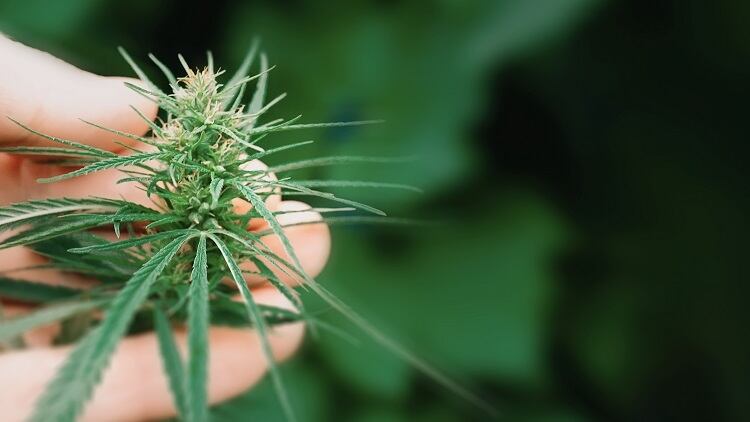It has launched CanCheck.org, a free-to-use online search tool allowing consumers to trace CBD products from the shelf to seed, with every link along the production chain verified by blockchain.
According to the group, any CBD product bearing the CAN Quality Mark can be traced and its contents verified using the tool. Users can input a batch number, which will produce instant test results and shelf-to-seed tracing of that CBD product. Users can also enter the brand name or product into the search tab and find the batch number from there.
The system also contains what’s described as consistent and clear product composition analysis conducted by accredited laboratories that guarantees accurate levels of CBD, the absence of contaminants and a full spectrum composition. Full spectrum CBD products contain all the cannabinoids that are found in the cannabis plant in nature, rather than just CBD, and can deliver a powerful entourage effect with benefits exceeding those delivered by CBD isolate.
The group added that in addition to traceability and testing, the Quality Mark ensures that CBD products are correctly labelled and meet quality requirements.
Existential crisis
The initiative comes amid confusion about the regulatory status of CBD in Europe. It recently emerged that the EC is considering classifying CBD as a narcotic instead of a Novel Food. While a decision won’t be made before September, it could mean that potentially hundreds of CBD and hemp products would be unable to legally retail on the European market.
This could strike a ‘final blow’ to the entire hemp sector, warned the European Industrial Hemp Association. It called the move “political, rather than legal, and absolutely not based on the latest scientific literature nor inspired by the current debate at the United Nations level.”
However, now that it has exited the EU, any changes won’t apply to the UK, where its Food Standards Agency says it still considers CBD a Novel Food and not a narcotic. CBD players in the UK therefore, although perturbed at the prospect of potentially losing business in EU markets, are hoping the move will ultimately help continue to thrust CBD into the mainstream and result in the UK becoming one of the fastest markets in which to legally launch a CBD food product
CanCheck.org claims to offer consumers:
- Laboratory analysis: Each product batch is fully analysed according to the quality requirements in CAN’s industry standards and meets the criteria for contaminants and cannabinoid content
- Verified origin: Each product batch is traced back to its origin: the seed. Every link in the production chain is verified by blockchain
- Accurate labelling: The labelling of each product is checked in accordance with the requirements in CAN industry standards. Each label is correctly drawn up and 100% reliable
More than 8 million UK consumers are now buying CBD products, according to data published in May by Alphagreen.io, which sells certified CBD products. Spending exceeding £150 million in the first four months of 2020 alone putting the market on target to achieve revenues of £450 million over the year as a whole, which would represent 50% growth compared to 2019.
The CanCheck tool is currently only available in the Netherlands for products made by CAN founding member HempFlax, Europe’s largest industrial hemp processor. The group hopes the next market is the UK, where it hopes the tool can assist in efforts to build a world-leading CBD regulatory environment that can protect consumers and support SMEs.
As the white label supplier to Jacob Hooy, one of the UK’s best-selling CBD brands, HempFlax’s CBD oil and capsules represent a significant portion of the UK CBD market and can be found at Holland & Barrett, in-store and online.
Simultaneously, the European Industrial Hemp Association has also recently announced plans to invest €3.5 million in CBD and THC testing, which it claimed “illustrates the extensive efforts being made to protect consumers and further the collective understanding of this popular wellness product and may go further in allaying the concerns of the regulator”.
Mark Reinders, CEO of HempFlax, said that using today’s blockchain technology to trace the production will give consumers peace of mind when choosing their CBD products online and in-store.
“Full traceability, in combination with a strict quality control regime such as CAN’s, is the only way to ensure product quality and protect consumers. We hope to see this level of transparency adopted by CBD producers worldwide as a trustworthy and accountable natural CBD market begins to take shape.”
He added the move may help level the unsteady regulatory playing field in Europe.
“I'm very concerned about some products I see in the market sometimes in terms of how its produced and where it come from. If those brands or products are messing up it could influence the whole industry negatively. Personally, I hope that as many companies as possible are going to join this certification scheme and that other countries will adapt it so that we find a way of regulating the industry where authorities have failed.
"There are a lot of food manufacturers who are looking at CBD as an ingredient. But how can we convince them to start using it if Europe is giving us such an unstable playing field. The Novel Foods entry has been changed four times in the last three years around our product."
Forging a new generation of CBD food products
A clearer regulatory environment, meanwhile, could help the market move from first-generation CBD products dominated by tinctures and capsules to one where foods could potentially be fortified with CBD to best offer consumers the perceived health benefits of the ingredient.
“Of course, we can't make medical claims because we don't have clinical testing,” he stressed. “But what I hear from my customers is that it works against things like anxiety, arthritis, pain and restless leg syndrome.”
He added: “So many people are using CBD. If they [the EC] change the regulatory status to take products off the shelves of mainstream retail, it goes underground because the demand for CBD isn't going away. That's risky because there will be no traceability, no control , no food safety and no checks on medical claims. It's important we don't give the illegitimate industry any chance"





